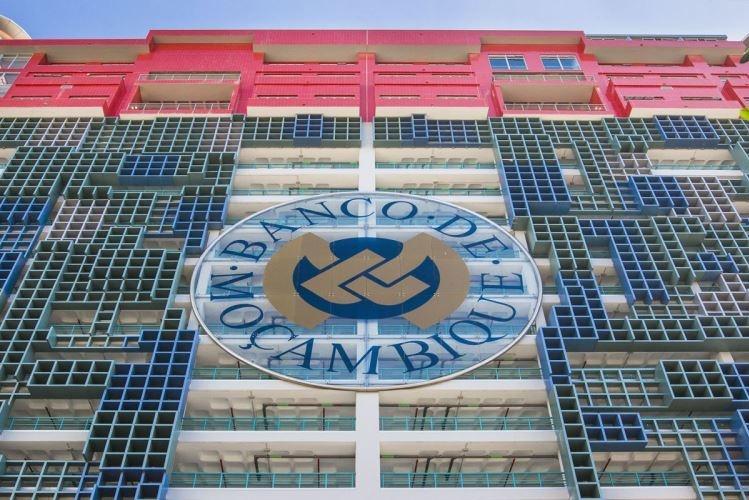Africa-Press – Mozambique. The volume of Mozambican bank reserves has grown more than 270% in six months to a record equivalent of €3,491 million as a result of interventions by the central bank designed to “absorb” excess liquidity.
The mandatory reserves of commercial banks at the central bank were set by the Bank of Mozambique at the beginning of last January at 10.5% of metical deposits and 11% of foreign currency deposits, which at the time totalled 62,616 million meticais (€925 million).
But the Bank of Mozambique increased this coefficient twice in the first six months of the year, on the basis that it was necessary to “absorb excessive liquidity in the banking system, with the potential to generate inflationary pressure”.
The last of these increases took place in June, peaking at 39% of deposits in national currency and 39.5% in the case of foreign currency.
In the following month, according to official data seen by Lusa on Tuesday, these bank reserves amounted to 236,395 million meticais (€3,491 million), an increase of 277% in the space of six months.
In June, after the second increase in these coefficients, the Confederation of Economic Associations of Mozambique (CTA) commented that the decision made it even more expensive to take out bank financing, essential in an economy of small and medium-sized companies (SMEs), which would consequently face more difficulties.
Mozambican economists interviewed by Lusa at the time also considered the central bank’s decision to increase the mandatory reserve coefficients “harmful” for companies, pointing out that the measure “will not resolve” the inflation spiral, because this “variable” is conditioned by “structural problems”.
“It means that [companies] will pay their debts at a much higher cost,” Egas Daniel, an economist and the coordinator of the Mozambique program at the International Growth Center (IGC) at the London School of Economics, said last June. The measure “may jeopardise the profitability and continuity of operations of many companies, it is the harmful part that accompanies these restrictive measures”.
Economist Elcídio Bachita characterised the decision to increase the mandatory reserve coefficients imposed on commercial banks as risky, commenting: “I would not say it is exactly a prudent measure.”
“Naturally, this will have its repercussions,” he added. “Commercial banks will have fewer financial resources to finance the economy.”
For More News And Analysis About Mozambique Follow Africa-Press






